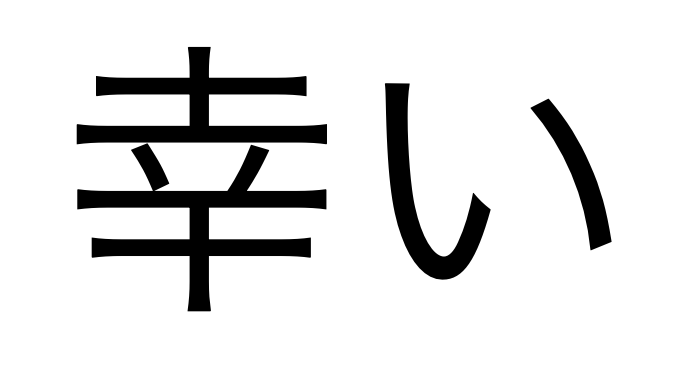
Japanese, like all languages, is all about figuring out secret codes. How to use language to communicate information, effect change, and create action.
One of the pieces of code that has been useful for me recently is 幸いです (saiwai desu).
This phrase is used when making requests, a particularly fraught moment for Japanese.
It is most commonly preceded by いただければ (itadakereba), いただけましたら (itadakemashitara), or いただけますと (itadakemasu to) – a veritable catalog of conditional potential forms of いただきます (itadakimasu, to receive, humbly). So, in effect, it means “If I can have you do X, I will be 幸い.”
The best and simplest definition of 幸い I’ve seen online is from Yahoo Chiebukuro (surprise!):
文字通り、そうしていただければ幸せだということです。
そこには、望ましい、ありがたい、都合がいい、などの意味が含まれています。It literally means, “If you could do that for me, I would be happy.” It also has elements of “desirable,” “grateful,” and “convenient” wrapped up it in.
So it means “I would appreciate it if you could X.”
The reason I call it “secret code” is that there’s a sense wrapped up in the language itself that, yes, what I’m asking is reasonable and you will undertake it for me. It’s making a request without making a command, without even asking a question. Just by stating that one would be pleased. This is an especially potent combination with an airbag phrase.
I guess this is true with English as well, come to think of it. You can even flower up the English to something like “It would please me greatly if you could X” to match 幸いに存じます (saiwai ni zonjimasu), a keigo alternative, although the Japanese lacks any sarcasm.
It’s difficult to find any raw examples with a web search because there are so many Japanese websites explaining grammatical usage these days, so I recommend checking out a Twitter search to see how the term is being used. A bunch of them out there.
